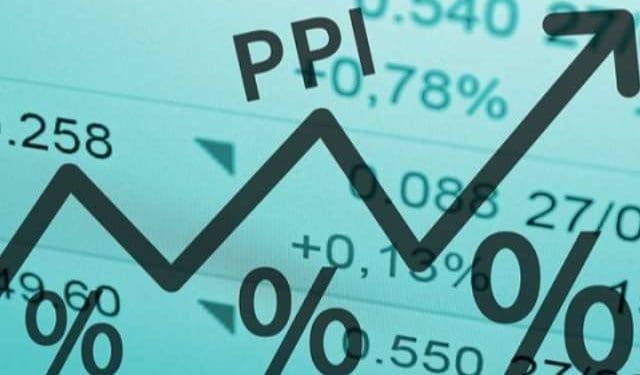The Producer Price Inflation (PPI) fell sharply to 5.9% in June 2025—the lowest level recorded since November 2023—signalling continued easing in factory-gate inflation across key sectors of the economy.
According to data released by the Ghana Statistical Service (GSS) on Wednesday, July 16, the year-on-year figure represents a 4.2 percentage point drop from May 2025 and a significant 19.7 percentage point decline from the rate recorded in June 2024.
The latest data also marks the fifth consecutive month of declining producer inflation, reinforcing expectations of broad-based price stability in the supply chain.
Monthly deflation reflects easing cost pressures
On a month-to-month basis, producer prices declined by 1.4% between May and June 2025, indicating that producers, on average, received lower prices for their goods and services in June compared to the previous month.
The Mining and Quarrying sector, which carries the highest weight (43.7%) in the PPI basket, recorded a dramatic drop in inflation, from 13.7% in May to just 6.5% in June.
The Manufacturing sector, the second-largest component at 35% of the index, also saw inflation ease from 9.8% to 7.6%, a 2.2 percentage point decline.
“These two sectors alone were the primary drivers behind the broader fall in producer prices,” said Dr. Alhassan Iddrisu, the Government Statistician, during a press briefing.
Hospitality, transport sectors show sharp price swings
The June data also revealed continued price reductions across key service sectors.
Transport costs, which had already dipped by 4.8% in May, dropped further to -7.0% in June, reflecting lower input and fuel costs.
Perhaps the most dramatic reversal occurred in the hotels and restaurants sub-sector, where inflation shifted from a 6.5% increase in May to a 2.7% contraction in June—a 9.2 percentage point swing.
Analysts say this could reflect competitive pricing strategies amid falling tourism spending and lower operating costs.
GSS urges businesses to innovate amid falling prices
Commenting on the data, Dr. Iddrisu encouraged businesses to “re-evaluate pricing models” and renegotiate contracts strategically to stay competitive.
“Falling costs bring opportunity, but tighter margins too. Stay ahead by innovating, not just adjusting prices,” he advised.
He also called on the government to maintain macroeconomic stability, stimulate domestic production, and introduce smart incentives, particularly for capital-intensive industries like mining and manufacturing.
These efforts, he noted, are essential to sustaining growth, protecting jobs, and enhancing Ghana’s global competitiveness.
Consumers urged to remain vigilant
To consumers, the GSS offered a word of advice: “Buy smart, question markups, and support brands that pass savings on.” With prices falling at the producer level, consumer advocacy groups are expected to increase pressure on retailers to reflect these cost savings in final prices.
Analysts view the sustained easing in PPI as a positive signal for the broader inflation outlook, particularly as Ghana’s economy looks to consolidate gains made in macroeconomic stability over the past six months.
However, they caution that continued vigilance is needed to guard against external shocks that could reverse this trend.













